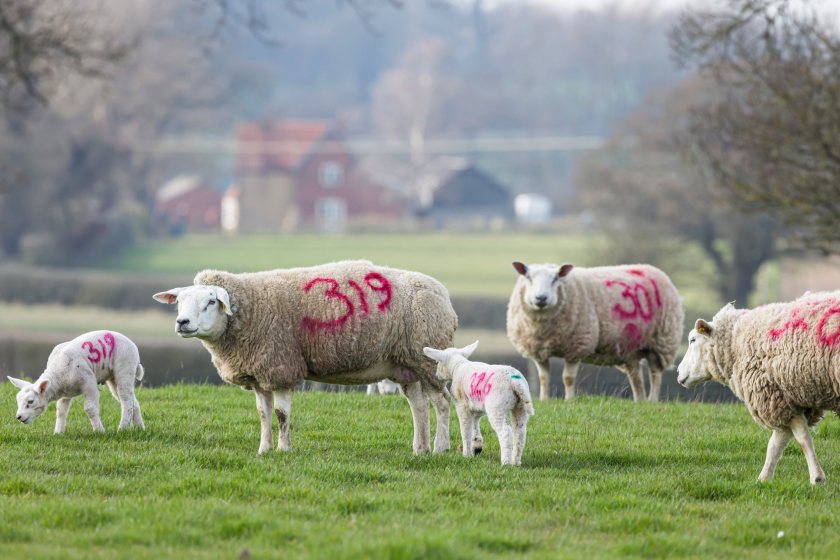
A new vaccine has been authorised for use in the Netherlands against bluetongue virus, but there are still questions over rollout plans for use in the UK.
The Dutch government has authorised a vaccine for bluetongue virus serotype 3 (BTV-3) through an accelerated procedure.
Produced by the Spanish pharmaceutical company Syva, it is authorised for use on both sheep and cattle.
The Netherlands has confirmed over 6,000 cases of BTV-3 across the country in 2023, with the UK also confirming a significant number of cases since November last year.
Defra recently warned farmers to be aware over a possible increase of cases of bluetongue virus over the coming months as the weather warms.
The vaccine will likely come as a welcome relief to Dutch producers, with the outbreaks decimating the industry.
Figures show that the Netherlands has lost around 5% of its sheep population due to infection with bluetongue.
Although mortality rates are lower in cattle, it is estimated that 0.2% of the Dutch cattle population died from infection.
The disease also causes tongue and mucous membranes lesions, causing problems with swallowing, lameness and stiffness with swollen legs affecting animal welfare and a reduction in milk yields.
Bluetongue also financially impacts many businesses, causing emotional turmoil for farmers.
The NFU welcomed the news, adding that it anticipated the vaccine to become available for use in the UK once authorised by the government.
NFU livestock board chair, David Barton said: “This disease has had a devastating impact in the Netherlands and UK livestock farmers will be anxious to protect their livestock as the weather gets warmer.
“As this is very new vaccine, there are still questions to be answered – not least about the cost of the vaccine, how it will be rolled out, and what support the government can offer to get it deployed quickly and efficiently.”
Following approval via a fast-track procedure, a total of two million doses will be available to Dutch farmers by the end of April.
Sheep will require one dose, and cattle two doses administered three weeks apart. Animals will be protected approximately 28 days after vaccination, though the duration of immunity is yet to be determined.
With the Netherland’s one million strong sheep and almost four million-strong cattle herds, the two million vaccines will not be enough to vaccinate all animals.
However, more doses are expected to be available over the coming months, in addition to other vaccines which may gain market approval.
